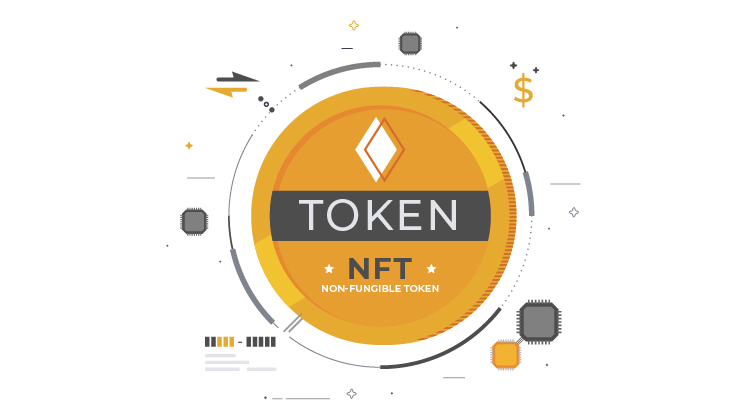The digital or online licensing landscape is changing rapidly for all the right reasons. However, businesses of various sizes must catch up with this pace to remain competitive and productive.
In this situation, licensing strategies become decisive. They can help businesses capitalize on current and emerging licensing trends and reap benefits through improved customer bases and profits.
Continue reading this blog post to discover how contemporary and emerging licensing trends can help businesses gain an edge over their competitors.
Contemporary Licensing Trends in 2024

Businesses can take advantage of various digital licensing trends when exceeding customers’ needs and expectations appropriately. These digital licensing trends are:
- Subscription Models
- Freemium Models
- Micro-licensing
Subscription Models
Subscription models help businesses, whether large or small, earn massive revenues over time. Spotify and Netflix are two of the most dominant players in the entertainment industry, enabling millions of users to enjoy huge content libraries at a fixed cost.
Freemium Models
As the name indicates, freemium models allow customers to use the services and products free of cost. However, they may need to pay to acquire a license that allows them to access various paid and advanced features.
Free applications and mobile games are some of the prime examples of freemium models, which require users to subscribe to utilize premium features.
Micro-licensing
The micro-licensing strategy benefits businesses and creators by smartly fulfilling the requirements of diverse customer bases. For example, small and large companies can license online assets, including images, videos, etc., to satisfy customers’ demands.
Emerging Licensing Trends and Approaches

There is no point in denying that the digital landscape is rapidly evolving in this age of digitalization. As a result, businesses need to adjust their existing and potential licensing strategies to deal with challenges proactively.
They can also benefit from the exciting opportunities related to the digital landscape by transforming licensing management tactics. Here are a few emerging digital licensing trends startups, small, medium-sized, and large companies must take into account:
- Metaverse Licensing
- Non-Fungible Tokens (NFTs)
Metaverse Licensing

A small or large business can considerably improve its license management strategy through Metaverse Licensing. This emerging approach allows businesses of various volumes or sizes to legitimize virtual services, products, merchandise, experiences, and more hassle-free.
As an entrepreneur or small business owner, you must explore the Metaverse sphere thoroughly to discover potential digital licensing opportunities.
By doing so, you can expand your current target base to new heights and enhance sales alongside profitability smartly. Moreover, you can appropriately improve customer interaction without issues.
Non-Fungible Tokens

NFTs, called Non-Fungible Tokens, describe and highlight the importance of uncommon digital assets on a blockchain. Businesses can efficiently use NFTs when licensing various digital assets trouble-free. This way, they can identify and enhance potential revenue-earning opportunities.
Furthermore, they can smartly interact and engage with current and new customers. In-game items, digital artwork, collectibles, etc., are prime examples of NFTs.
What Should Businesses Do to Optimize their Licensing Strategies?
Small and large businesses should not undermine the importance of licensing management strategies at any cost. Otherwise, they cannot expand their current customer bases, sales, and revenues.
Here are different tactics small and large businesses can follow when leveraging their digital licensing strategies:
Use License Manager for WooCommerce
License Manager for WooCommerce is a powerful software asset management solution that enables e-commerce brands to streamline software asset management procedures and practices.
The solution allows them to revitalize their software license-selling strategies comprehensively. Besides, they can effortlessly activate and deactivate licenses when needed.
Take Advantage of Other Software License Management Tools
Businesses can use various software license management tools and solutions when revolutionizing their prevailing license management strategies. These software license management tools are:
- FlexNet Manager
- Software Asset Optimization
- AssetSonar
- Zluri
- USU (Formerly Aspera)
- Alloy Software
- Lansweeper
- Snow License Manager
- ServiceNow Software Asset Management
- Reprise License Manager
Give Importance to User Experience
User experience is crucial when businesses want to increase sales and revenues in the future. In this age of modernization, software management companies must concentrate on delivering exceptional user experiences to licensors and licensees.
For instance, they should streamline digital licensing processes as much as possible. Hence, they can encourage more potential licensees to benefit from their digital software licensing tools.
Besides, they can provide new licensees with self-service platforms, enabling them to simplify their transactions once they upload assets and finalize licensing terms and conditions.
Software License Management Current Size and Future Prospects
The software license management market’s current value is US$1.29 billion. It will grow at a compound annual growth rate of 10.06% in the next five years and reach US$2.08 billion in 2029.
Wrapping Up
We expect you to appreciate our blog post describing the significance of licensing strategies in today’s digital era. Innovative licensing trends and approaches have revolutionized small, large, and other businesses worldwide.
Businesses of various sizes can utilize different contemporary licensing trends, including subscription, micro-licensing, and freemium models.
Likewise, as a small business owner, you must adapt to emerging licensing trends such as Metaverse licensing and NFTs to boost your sales and profitability prospects to unprecedented heights.
